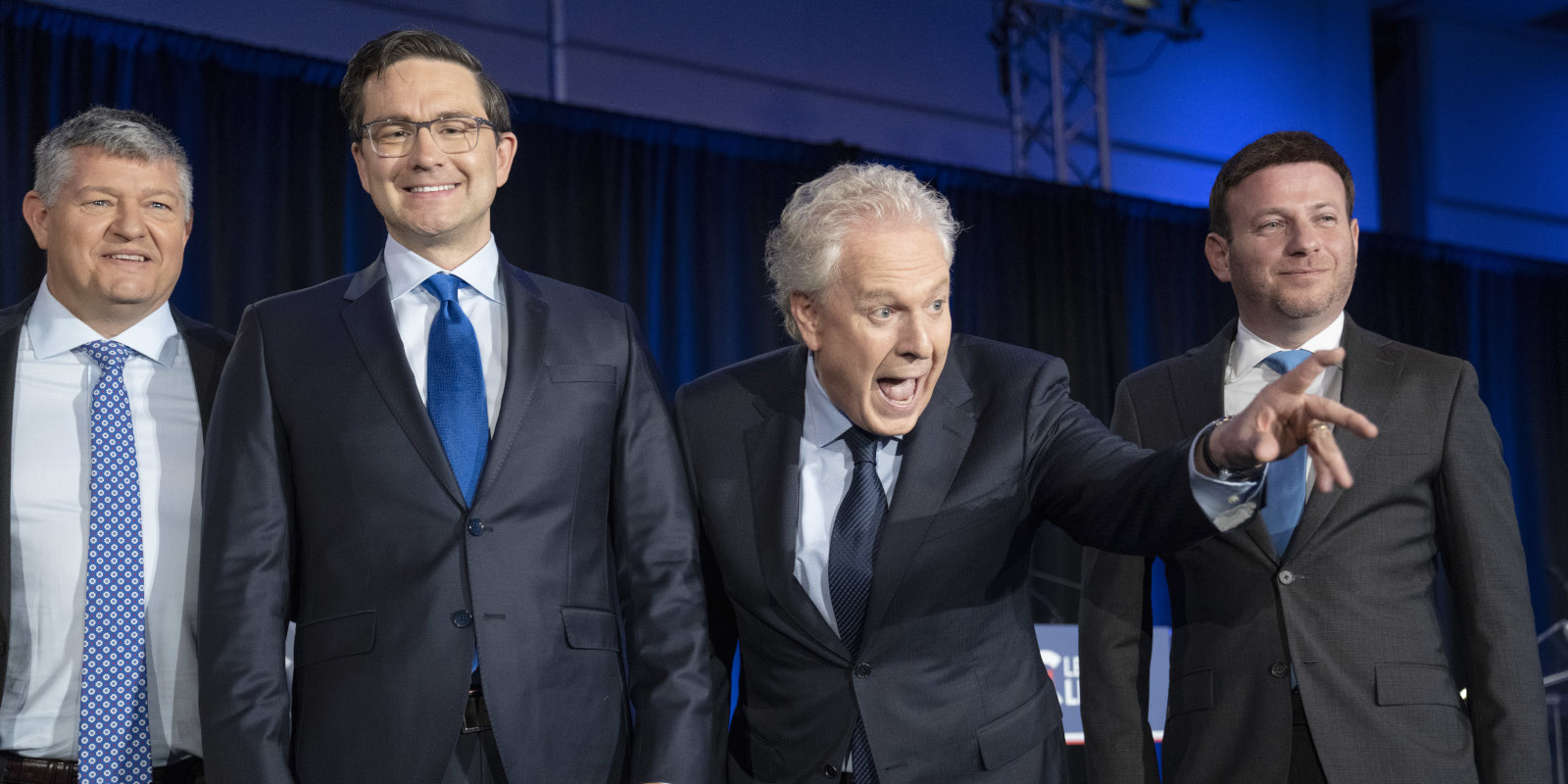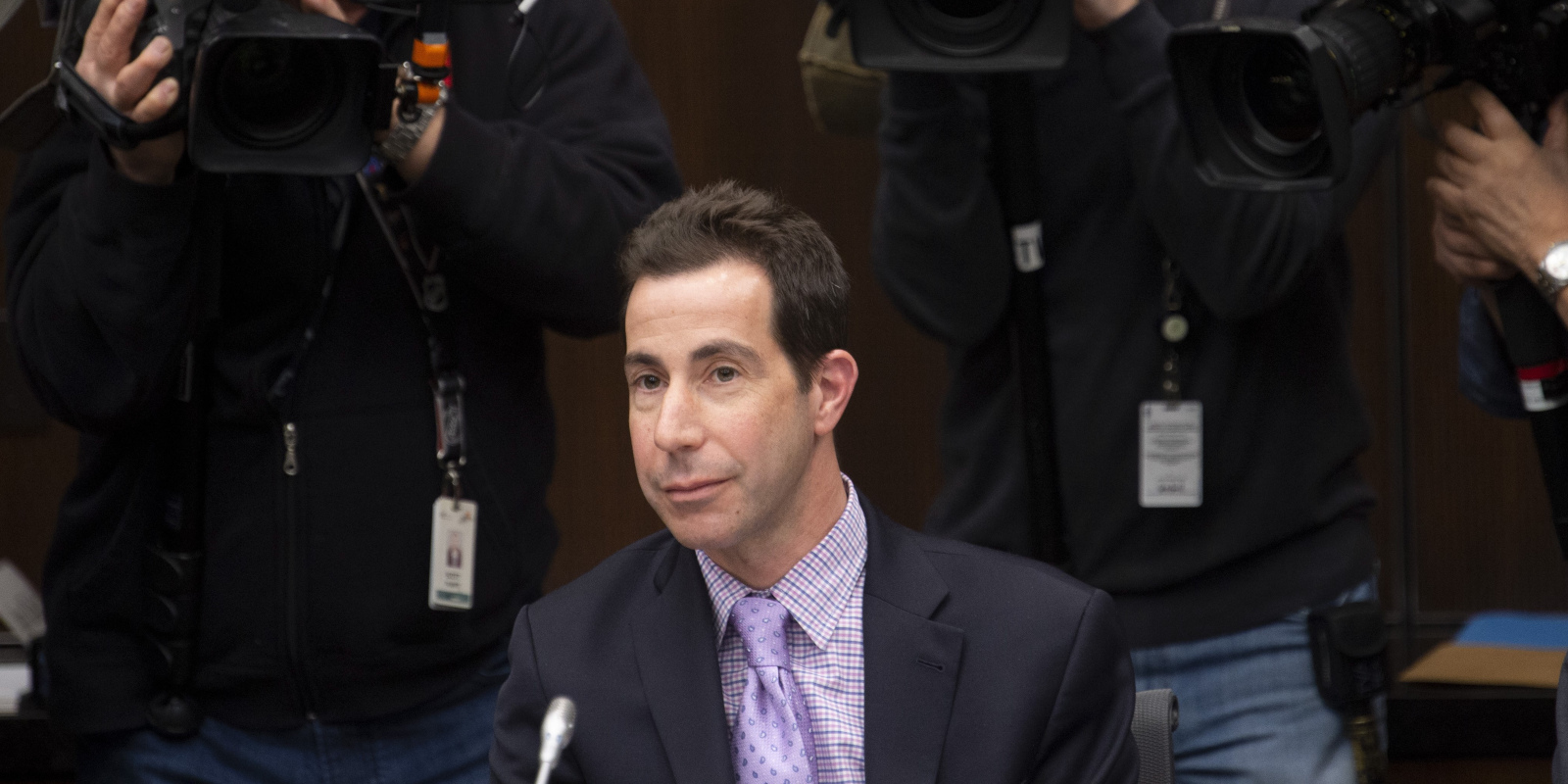It’s deadline day in the Conservative leadership race.
Anyone who wants to vote in the race will have until midnight on Friday to buy a membership. After that, the campaigns will have a rough idea of their own success in building a base of support and their focus will turn to getting out the vote.
In this week’s Conservative leadership roundup, we’ll look at that big change about to happen in the race and examine what Doug Ford’s big victory means for Conservative leadership candidates.
The new campaign begins
The final pleas are landing in email inboxes.
“As of right now, we have no record of this email address being associated with a membership,” reads an email from Pierre Poilievre’s campaign. “Buy the membership now, because after Friday it will be too late.”
Patrick Brown’s campaign responded, using Poilievre’s own messages against him.
“My opponent, Pierre Poilievre, is putting on a big last-minute membership push, too. He’s trying to stop our momentum,” the email reads.
If the emails from the candidates sound a little frantic, it’s because the race is about to change completely when the deadline passes Friday night for new membership sales. After that, the voting pool is fixed and the candidates will have to draw their voters from a set membership list.
It’s impossible to understate how different the strategic battleground is before and after June 3.
Until now, campaigns have been travelling around, holding rallies and town hall meetings, calling potential voters to make sure they have memberships, and helping people sign up for a party membership.
That first phase of the race is all about building a large base of potential voters with valid memberships. The second phase, which starts Saturday, is all about persuasion and getting out the vote.
Although the frontrunners won’t totally rule out persuading members to vote for them, they are far more likely to see benefits from encouraging and helping their current supporters to vote for them. Persuasion will likely be even harder in this race, in which the frontrunners are so different. It’s unlikely, for example, that Pierre Poilievre is going to persuade a Jean Charest supporter to vote for his freedom agenda.
Once the deadline closes at midnight on Friday, the party will begin the arduous process of sorting through the memberships and making sure they are valid. This happens manually, meaning each one of the membership forms will have to be opened and verified by hand. With an expected 400,000 memberships to verify, it promises to be a long and grueling process. Once that’s complete the campaigns then get a chance to do their own auditing, but they’re not expecting the party to be finished with its verification process until well into July.
All the party members will soon be mailed ballots, which they will have to mark and mail back in with a photocopy of their driver’s license. In a world where many people are still working from home, some of the campaigns are anticipating having to help people with the photocopying.
The get-out-the-vote campaign will often be a very low-tech affair. The campaigns divide the country up into regions and appoint chairs who will be responsible for them. The regional organizations will get a list of members in their area and they will call people to make sure they’ve voted and offer help if they haven’t.
This part of the campaign will be a major divergence from the raucous rallies and big events of the last few months. It will be just as important, though.
Everyone in the Conservative Party remembers the 2017 leadership race, which was decided by a few hundred votes. Campaign organizers will be acutely aware that the margin of difference in the vote could be equal to the number of rejected ballots or members who never ended up voting for the candidate they supported.
Will the Conservatives learn a lesson from Doug Ford?
It might have been the dullest election in Canadian history, but Doug Ford’s PC Party woke up today with another majority government, built on success in the suburbs of Toronto.
The last time the Conservative Party of Canada had success in that area was 2011, when Stephen Harper formed his own majority government. Erin O’Toole’s reign as leader was fashioned around his image as someone in touch with the Greater Toronto Area and who could deliver those seats in an election.
It didn’t quite work out for O’Toole, but all the Conservative leadership candidates will be looking at the Ontario PC election victory and trying to figure out how they can win those areas in a national campaign.
Recommended for You

The Weekly Wrap: It’s time to cut through Chesterton’s Fence and implement sweeping reform in Canada

Has the Left lost its masculine energy?

Ginny Roth: J.D. Vance, Pierre Poilievre, and how they slice their economic pie

David Polansky: As President Biden leaves the race, will the Democratic Party hodgepodge hold?









